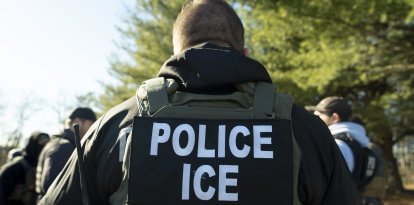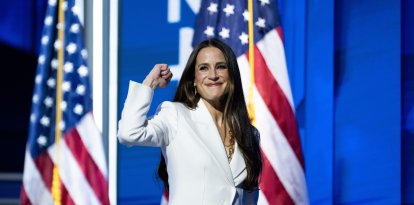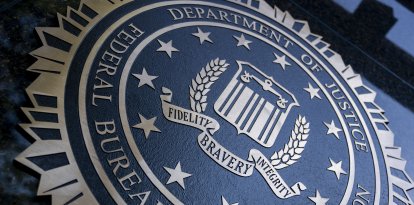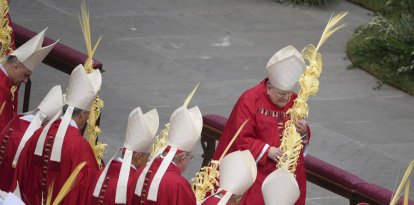Anti-Israeli (and anti-American) hatred at Berkeley: bylaw passed to prohibit inviting pro-"apartheid state of Israel" speakers
"You can't romanticize (sic) free speech," said the censors, branded as anti-Semitic by the Anti-Defamation League.
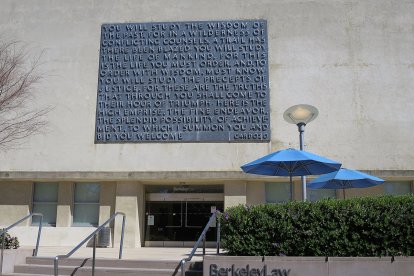
UC Berkeley Law School / Wikipedia.
A UC Berkeley Law School student organization called Law Students for Justice in Palestine (LSJP) led the effort for this bylaw, as Aaron Bandler reports in the Jewish Journal. LSJP argued that inviting Zionist authors and thinkers would endanger "the safety and well-being of Palestinian students on campus."
The new policy has been signed by other student organizations including: Berkeley Law Muslim Student Association, Middle Eastern and North African Law Students Association, Womxn (sic) of Color Collective, Asian Pacific American Law Students Association, Queer Caucus, Community Defense Project, Women of Berkeley Law, and Law Students of African Descent.
LSJP considers it a victory for the anti-Israel BDS movement, which seeks international marginalization of the Jewish state through a vast campaign of boycotts, divestment and sanctions.
Defense of freedom of expression
The Jewish Student Association of Berkeley released a statement in which they expressed their concern that:
The Anti-Defamation League also reacted by saying, "the actions of Berkeley Law Students for Justice in Palestine are not only antisemitic at their core, but also hinder any sensible or legitimate discussions on campus about the Israeli-Palestinian conflict."
The Jewish Journal reported on protests led by other organizations against banning Zionists on campus, such as: StandWithUs, AMCHA Initiative, Zionist Organization of America, and the Louis D. Brandeis Center for Human Rights Under Law. LSJP shared a statement about these protests defending this act of censorship on the university campus:
Rather than analyze these ideas fairly in a public debate, the LSJP decided to silence their opponents completely. They make it clear that they are against freedom of speech: "Free speech and the exchange of ideas cannot be romanticized (sic) when the byproduct of such rhetoric causes harm to marginalized communities."
RECOMMENDATION
